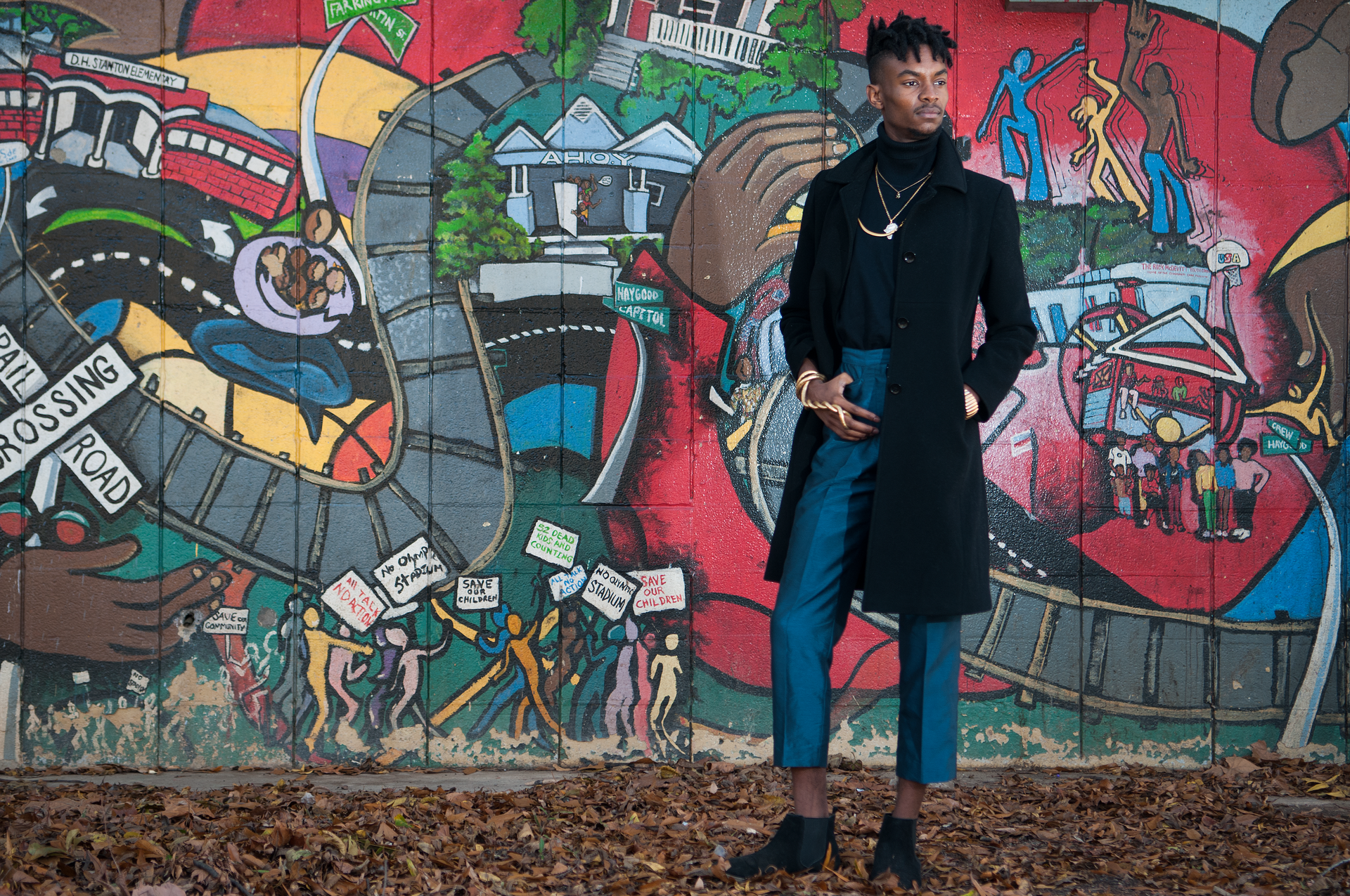Avery Jackson: The disruptor
The community activist commits to Atlanta - and bringing change to City Hall
Last summer, as hundreds of protesters marched through Downtown streets calling for justice after police shootings in Louisiana and Minnesota, Avery Jackson needed a break.After helping the crowd navigate its route and leading chants, the Morehouse College senior rested his megaphone on his shoulder while he walked. This was their fourth straight night on the streets. Near Woodruff Park, he was asked how long they would continue.They would rest, Jackson said as he continued down Peachtree Street, when the city started caring about the “lives and livelihood” of black people.Jackson, one of the most visible members of activist group ATL is Ready, has emerged as one of Atlanta’s most vocal and energetic practitioners of civil disobedience. He was there when Atlanta University Center students interrupted then-presidential candidate Hillary Clinton in November 2015. He sat with protesters outside the Governor’s Mansion, prompting Mayor Kasim Reed to meet with them in a police truck. And he helped take over an Atlanta City Council meeting during a debate on using eminent domain to take over a homeless shelter. He is everywhere.Jackson caught the activism spirit from his family and his home state of Iowa, a place the activist says is so ingrained with politics that middle schoolers are required to participate in campaigns. The overwhelmingly white state also opened his eyes to the lack of spaces where black people can enjoy autonomy and be who they are. His father, a lawyer, would play Martin Luther King Jr. speeches, and his mother, a banking consultant, made sure he and his family members included people “who looked like them” in pictures they drew. As a high school student, Jackson became involved with the NAACP and successfully protested the local school board over observing Martin Luther King Jr. Day. Morehouse, a college that is both reverent of and bound to tradition, has shaped Jackson’s views on challenging power. He says everything changed after a grand jury decided not to indict Darren Wilson, a white suburban St. Louis police officer who shot and killed Michael Brown, an unarmed black man. After a campus event to discuss the shooting and injustice, Jackson ran to the Chapel Bell, the toll of which is supposed to mobilize students to assemble, and pulled the rope.Jackson planned to head to graduate school after grabbing his diploma in May but changed his mind after realizing the potential for activism in Atlanta. He’s now committed to staying in the city to help solve the issues to which he’s dedicated so many hours. In addition to continuing to raise awareness about racial injustice, ATL is Ready is engaging with candidates in the 2017 Council and mayoral races to spark change from within City Hall. They’re planning to help register voters, including “a new electorate of folks who’ve been forgotten in this city over and over again … that’s a different election.”
“Atlanta is unlike any other city in this country,” Jackson says. “There is potential. The people in Atlanta have a spirit of social justice and resistance so much so that the politicians need to be afraid of it. That needs to be the underlying theme of everything we do for the next five years … When people hit the streets every day, it wasn’t because of great organizing, organizers, capacity, or infrastructure. It was because people of Atlanta were not going home until they were ready.”
